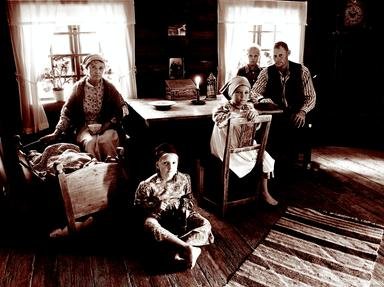Quiz Answer Key and Fun Facts
1. What state was Congressman David Wilmot, author of the 'Wilmot Proviso', elected from?
2. What national political party collapsed in 1852 after its presidential candidate, Winfield Scott, lost the election?
3. The compromise of 1850 had five integral parts to it. Which of these was NOT in it?
4. The Kansas-Nebraska Act, sponsered by Senator Stephen A. Douglas, organizied the area west of Missouri and Ohio into the territories of Kansas and Nebraska and repealed the Missouri Compromise. It also introduced a new concept in the issue of slavery. What was this concept called?
5. In response to the Kansas-Nebraska act, the Republican party sprang into existence. What was its primary goal?
6. A Supreme Court case ruled that slaves were not citizens and therefore could not sue in court, that temporary residence on free soil did not make a slave free, and that the Missouri Compromise had been unconstitutional. What was the official name for this landmark case?
7. True or false? The Panic of 1857 proved to Southerners that they could not survive economically without the financial resources of the north.
8. Hinton Rowan Helper's book, "The Impending Crisis of the South", argued that slavery was economically harmful to the South. What state was he from?
9. On October 16, 1859, John Brown and his followers seized the Federal arsenal at Harpers Ferry, Virginia, in an attempt to incite a slave rebellion. Brown's attempt was unsuccessful and his party was attacked by U.S. Marines under the command of then Colonel Robert E. Lee. How many of Brown's party died?
10. When the Republicans met to choose their presidential candidate for the 1860 election, they were very careful to choose a candidate that wouldn't jeopardize their chance of winning. They finally choose Illinois' favorite son Abraham Lincoln. Who was not chosen by the Republicans, though he was the party's front-runner?
Source: Author
AvadaLindaran
This quiz was reviewed by FunTrivia editor
bloomsby before going online.
Any errors found in FunTrivia content are routinely corrected through our feedback system.


